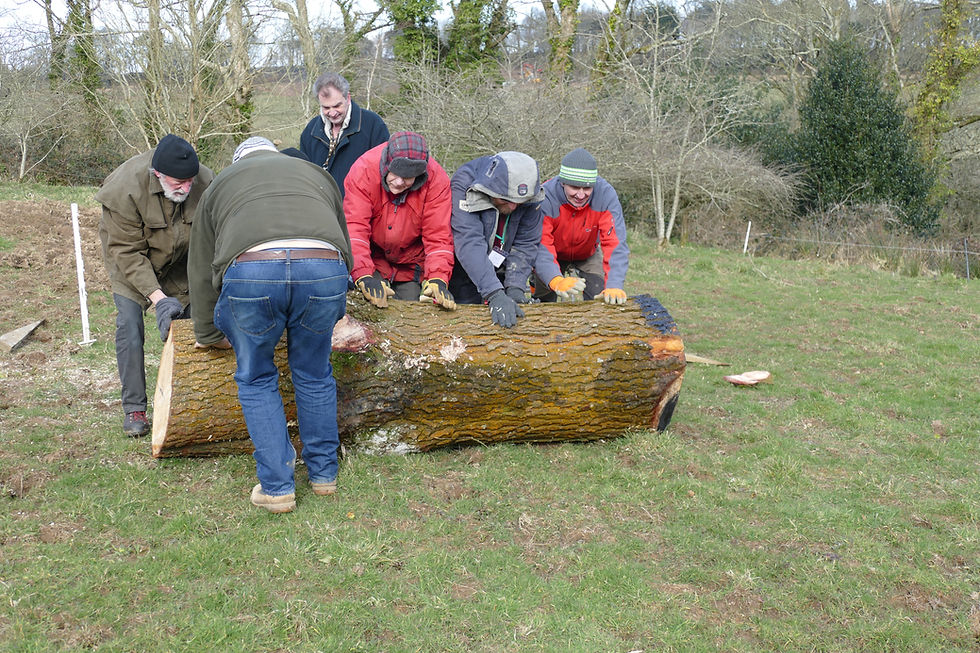Beware the Ides of March
- Mar 17, 2016
- 2 min read
Updated: Feb 9, 2020

Since becoming a beekeeper I have come to associate the Ides of March less with the assassination of Julius Caesar, and more with another kind of death: that of bees. Not assassinations, exactly, but colonies collapsing from starvation, unwittingly caused by beekeepers and bee carers and bee guardians who have allowed themselves to be off guard in March, or never studied the intimacies of colony life in the first place. There are even some who consider the idea of feeding bees unnatural.
March can be cruel on the bees. As so many beekeepers report that their bees "have made it through the winter", I share their joy, briefly, and feel prompted to write in haste in the hope some folks reading this feel impelled to rush out and do something. Yes, in all likelihood quite a few of us have to do something to ensure the passage of our beloved bees through the difficult weeks ahead. In most parts of the British Isles the winter has been predominantly mild, and that means that the bees have eaten their honey much faster than would be the case in proper winter weather.
“But I’ve taken no honey from the bees” I hear you think. Sorry, that’s no reason to relax. The bees are at risk of running out. Most starvation deaths happen in March and April. Nature does not necessarily provide what the bees need. Nature needs our nurture more than ever. And should you be one of those that emphatically state that their take on natural beekeeping does not allow for feeding because it’s artificial, please think again. You have engaged in artifice at the very point you lured a swarm into a container. Keep it up and feed your bees when they need it. The die will be cast in the weeks ahead, and many colonies will perish because their food supplies have run out.
There is a lot going on inside the hives now; queens will step up laying in response to the fresh spring pollen coming in. The nurse bees -- probably unusually old nurse bees that have re-activated the appropriate glands to fulfil this task - get busy feeding the emerging larvae and the foragers get even busier gathering what’s needed to bring it back to the hive. With the gradual dying off of the winter bees disparities between what’s needed inside the hive and what’s available outside can occur very quickly. We need to do our utmost to save the bees from the stress induced by dwindling stores.
Check your hives carefully and give them food if they need some. Give them water, too, near the hives. Show them you love them: the bees may reward you with beautiful swarms in May!





Comments